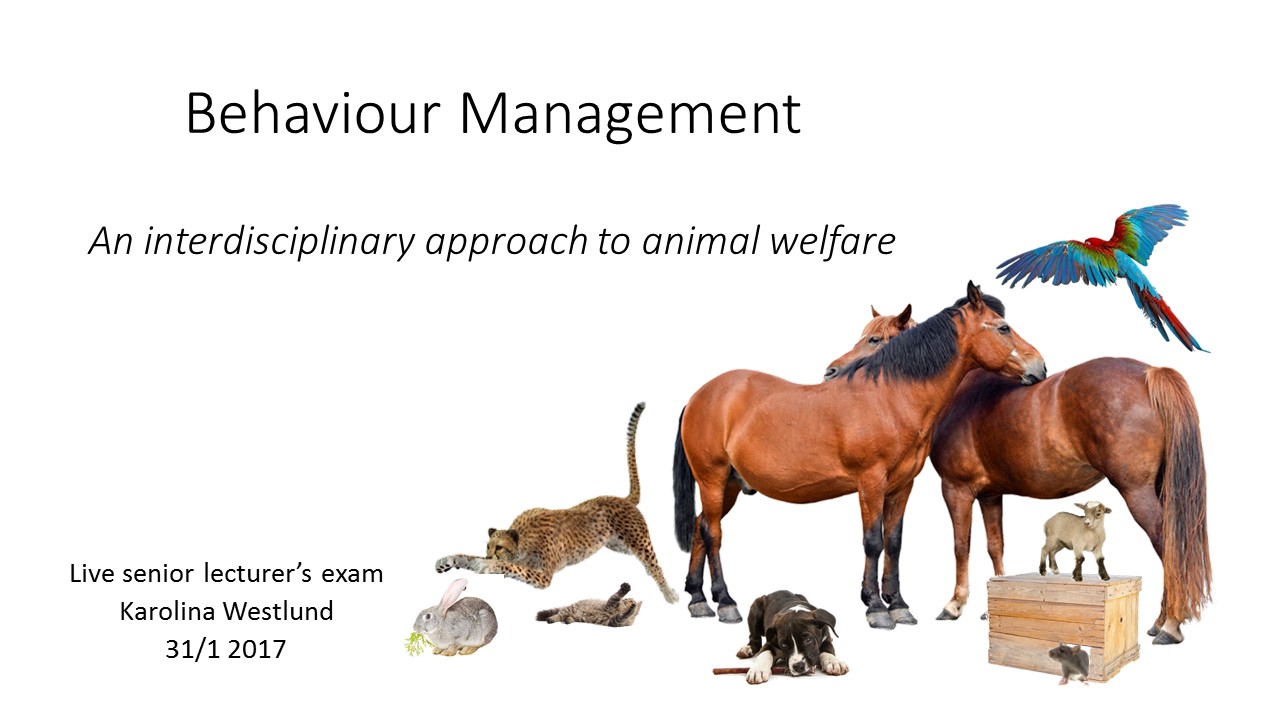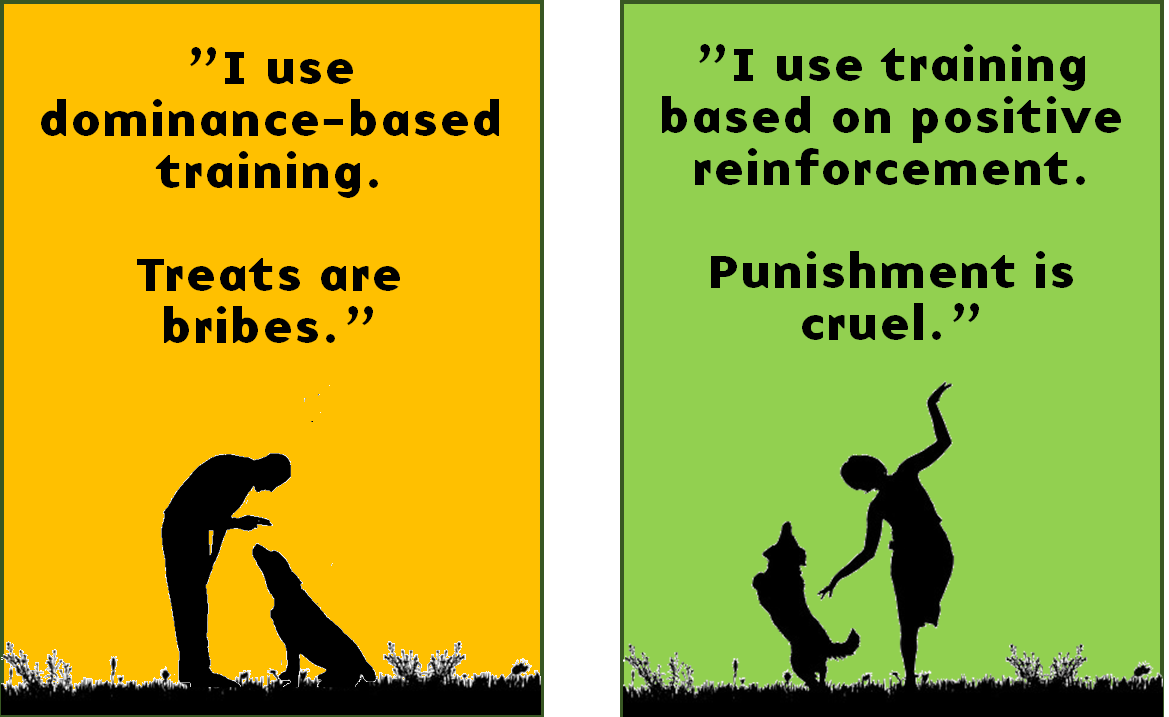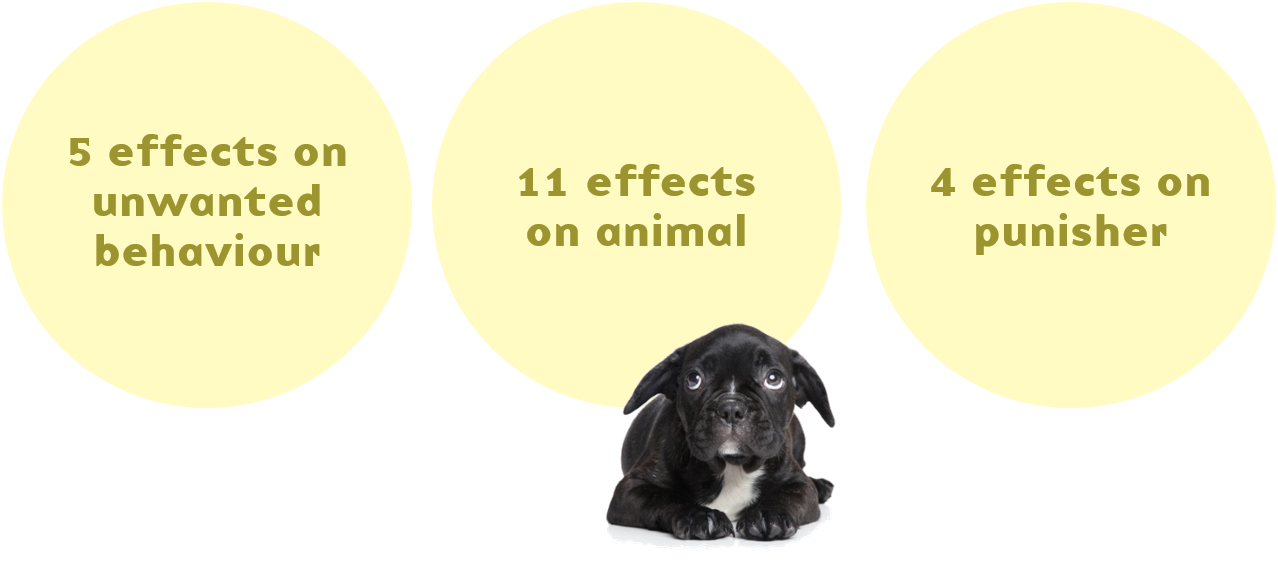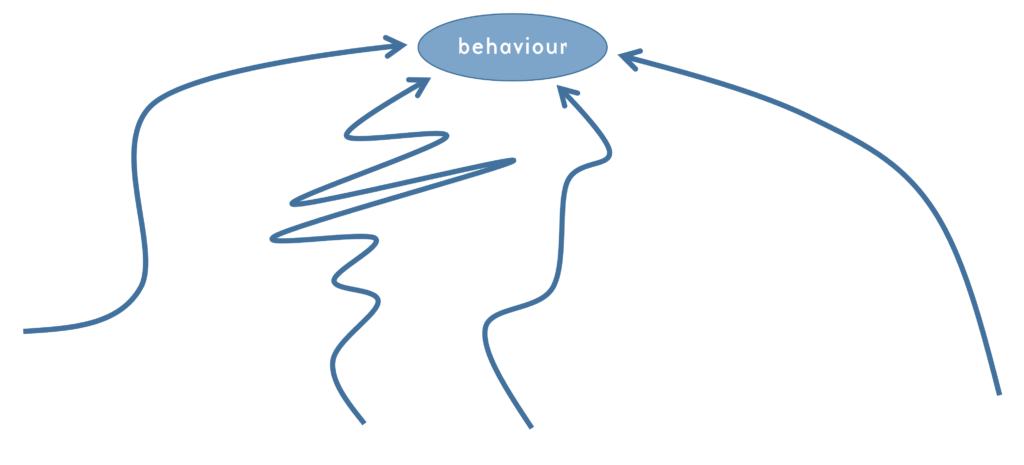Revised August 2021.
I wrote this blogpost a couple of years ago, after a summer when I revisited a childhood paradise, Hallands Väderö, an island on the west coast of Sweden.
As a child, I used to catch small shore crabs there, and get a terrible sunburn. I’d spend six hours crouching on the shoreline, with my back to the unrelenting Scandinavian sun.
No sunscreen.
No protective tan. Just very pale, sun-sensitive skin that I’ve inherited from my freckled red-headed father. Those were the days, when nobody knew about melanoma, and having a deep tan was the height of fashion.
Side note: Over the years, I’ve learned to avoid sunburn (I no longer harbor any illusions of achieving a nice tan, wear sensible long-sleeve clothes, avoid direct summer sunlight between 11 and 15, and wear sun screen lotion if I can’t avoid it).
But I’ve maintained that passion for catching shore crabs, or green crabs as you might know them by – they go by the latin name of Carcinus maenas. And that summer, I had my kids along, and they’d inherited my fascination with these little critters.
In case you’re wondering: this blog post is not going to be a nostalgic walk down memory lane. Rather, it’s going to be about discovering that the lane you’re walking on is no longer a place where you want to be.





